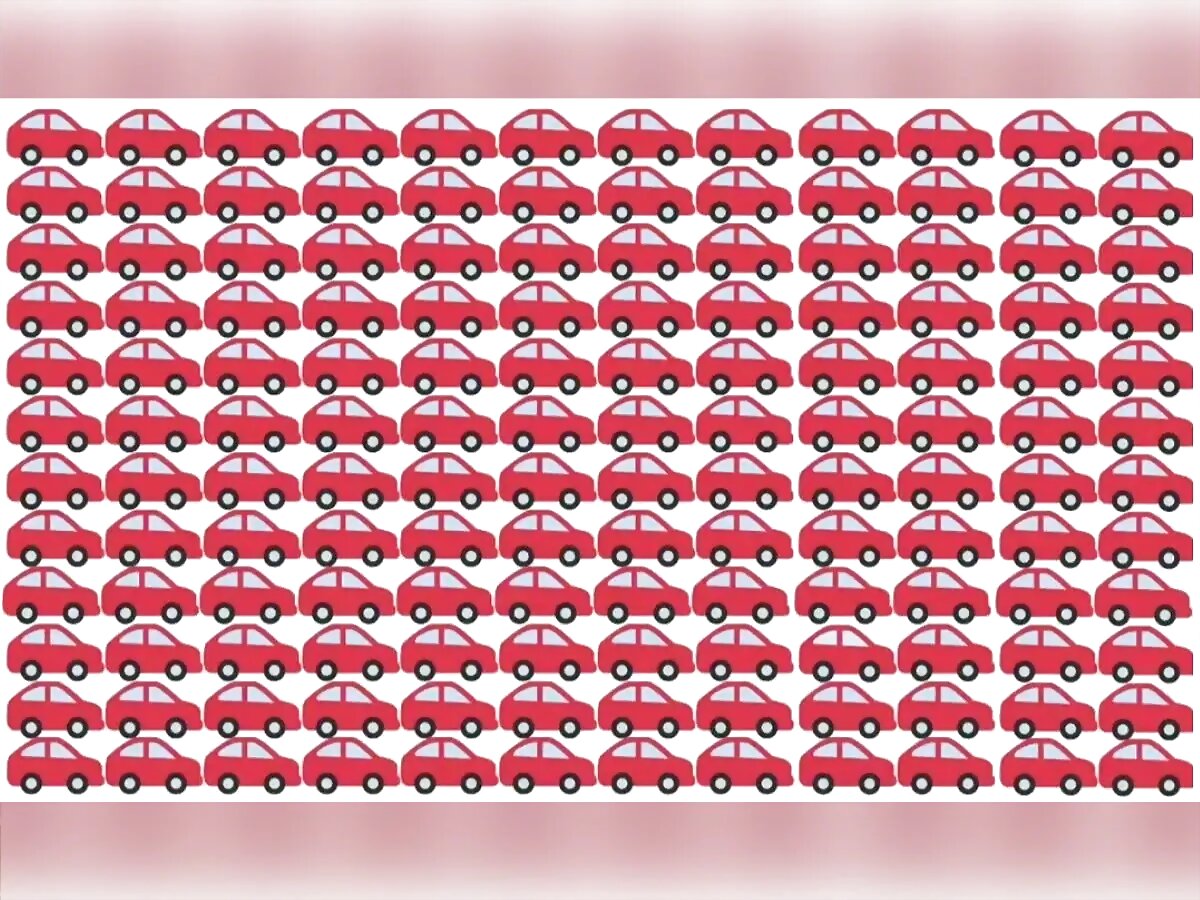
views
Puzzles and brain teasers are a great way to keep the brain fit and improve mental health. They’re similar to running, cycling or swimming, which builds muscles in your arms and legs and do the same for your grey matter. Brain teasers can be observational, analytical or mathematical. There is an observational puzzle that is making waves in social media.

In front of you is a picture with lots of red cars. From the beginning to the end, in each row, 12 cars are the same. Your task is to look closely at the picture and within the next 19 seconds find a different type of car in the picture. This task is a bit difficult because this car has a very small difference from the other cars.
If you don’t want to give the game away, keep searching for a few more seconds and see if you can find the solution.
The answer is circled in the image above and is located in three rows from bottom to top and three columns from right to inside. It stands out from the other cars because its windows are a different shade of blue. The key to spotting the car is to scan the image from left to right and top to bottom to figure out which car is the anomaly in the picture.
Observation puzzles like this one are useful to train the brain in a way that makes it think to get around a problem. Experts say all brain teasers are important because they can contribute to neurological health. The healthier the brain, the less likely you are to develop a neurological condition like dementia.
In observation puzzles, participants are presented with a picture and must find the anomaly in the picture. In an observation puzzle, readers have to find the odd car in a sea of similar pictures that appear identical at first glance.
While they don’t prevent someone from developing dementia and other factors may have a greater impact, they can help keep the brain sharp for longer.
The number of dementia cases in the UK and around the world is rising. Recent research suggests that by 2040, 1.7 million people in the UK could be living with the condition. Dr Yuntao Chen, lead author of the UCL study that made this shocking discovery, said: “It is shocking that the number of people living with dementia in 2040 could be up to 70 per cent higher than if dementia rates had continued to decline. Not only will this have a devastating impact on the lives of those affected, but it will also place a significantly greater burden on health and social care than is currently forecast.”




















Comments
0 comment